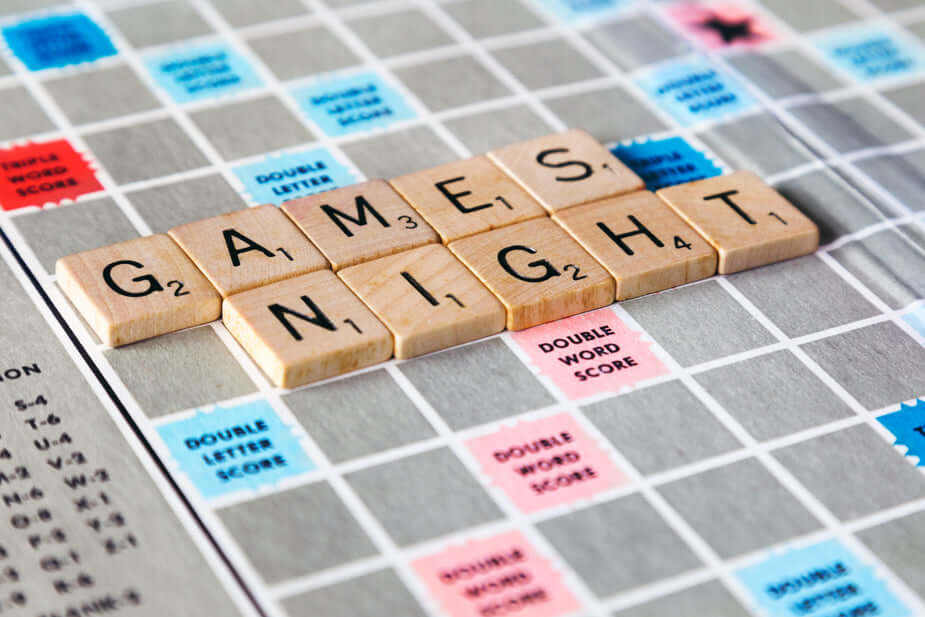Parent-approved games played in moderation can be a big help to young kids to develop in education, social and physical ways.
Video games can be beneficial
parents focus their attention more on the potential dangers rather than the potential benefits of video games, but for this generation, electronic video games are now part of the modern childhood. Video games can be used as a powerful tool to help kids to develop certain life skills if parents know what to look for. It can either help the parents choose appropriate fun-time games and educators seek ways to supplement classroom teaching.
It teaches problem-solving skills and creativity
Games can be a big help to a child’s brain development. Some games require to search, negotiate, plan and to try different approaches to go to the next level. Recent games also involve problem-solving and to customize one’s own game “characters” or “avatars” to allow for creative self-expression and new ways of highlighting personalities and interests.
Inspiring interest in history and culture
Certain contents of games can encourage kids to read and research more in world history, geography, ancient cultures and international relations like the game Age of Empires. Especially, when parents turn it into an actual personal experience relating it to books, museums, culture and geography, and national history. Children can also pick up complex languages, content, and connection which could serve as preparation for future learning of high complexity and deep sort.
In addition to that, such games can let the child create and design their own maps or custom some content leading to acquiring creative and technical skill while having a blast.
It helps kids make friends
To most kids, games are a social activity not a way to isolate oneself. It creates a common ground for children, which allows them to hang out. Some boys are even likely to play in groups either in a room or online. In one research, it showed that children with mild learning disabilities were likely to choose video games as a reason for making new friends.
Encourage exercise
Players, mainly boys talk about learning new moves from sports games resulting to them physically practicing them at the basketball court or skate parks. Some even took up interest in new sports after getting exposed to news sports games. Research also shows that games who let the players realistically play the game or give that 3D effect lead to children increasing time spent on playing the actual sport and exercising in real life.
Share the joy of competition
Kids tend to compete with their peers as they try to win for status and recognition, especially boys. Video games can be a safe place to let the kids express their competitive urges and can give a chance to children who are not so good to excel.
Gives a chance to lead
Some games often need to have a leader and when children play, they sometimes take turns to do the leading and following. Kids and even teens can gain leadership skills such as persuading and motivating others and mediating disputes. Online games can also give them a chance to lead a diverse, mixed-age team.
Provides an opportunity to teach
Kids in a study would say that they like to teach others how to play. A parent also mentioned that his son’s interaction with his buddies is mostly about solving situations within the game. Teaching can build social, communication skill and even patience.
Parents get to bond with their child
Now that some games are friendlier to novice players, parents who are not that good at games or vice-versa can communicate and teach each other how to play the game, as playing side-to-side can encourage easy conversation which leads to kids turning to their parents to share their problems and victories with you.
That’s why games don’t have to be labeled as educational to help children to learn to make decisions, use strategies, anticipate consequence and to express their personalities if the parents know how to use the opportunity when it opens.





